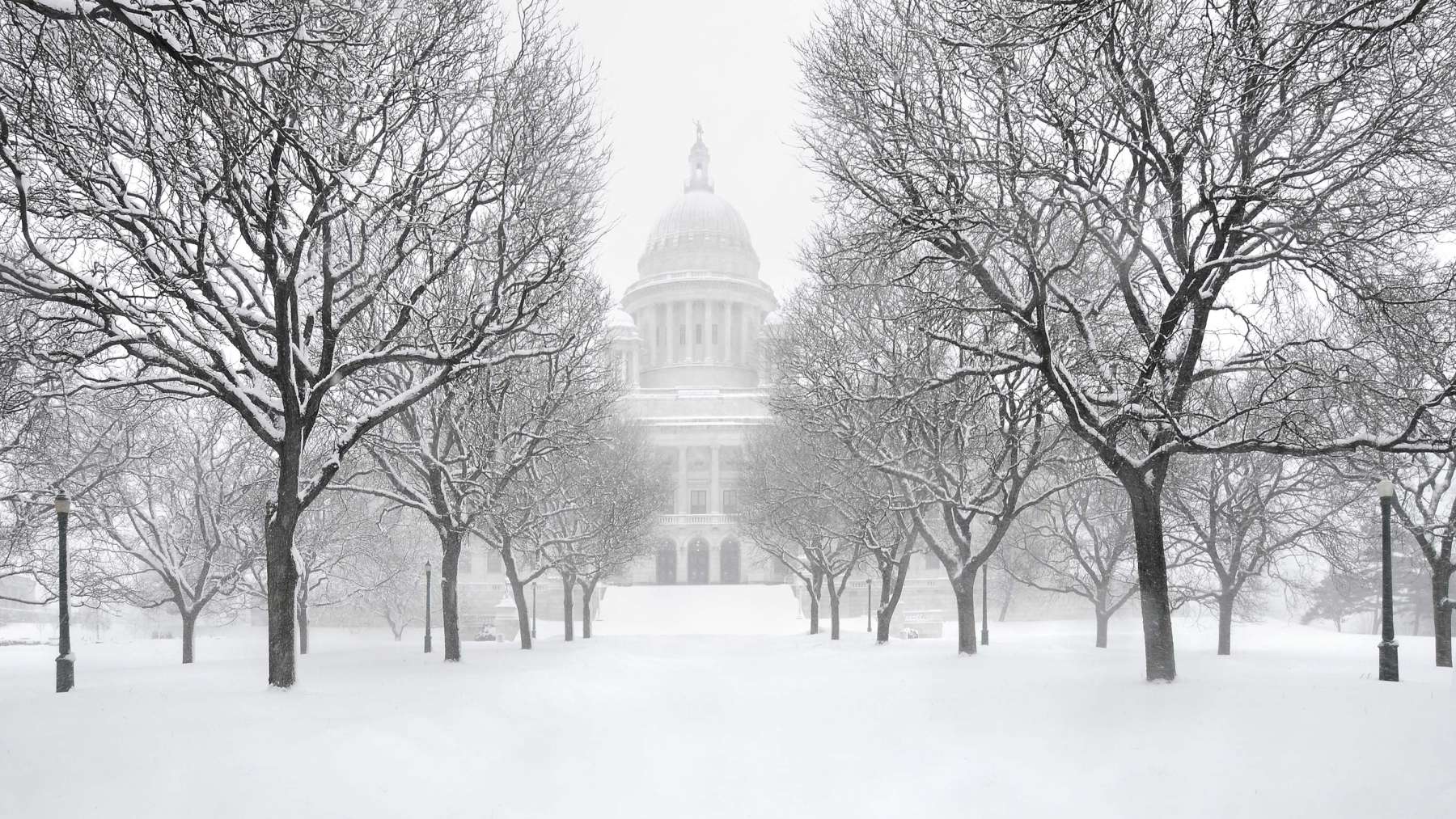Rhode Island leaders imposing austerity without any public discussion
Our elected leaders… are not taking steps to help Rhode Islanders to weather this recession. Instead, they are circling the wagons around failed policy initiatives and doubling down on austerity, without so much as a public debate or a real meeting of the General Assembly. In Governor Gina Raimondo‘s proposed 2020/2021 budget, written before the COVID-19 pandemic and the subsequent
September 8, 2020, 12:41 pm
By Steve Ahlquist
Our elected leaders… are not taking steps to help Rhode Islanders to weather this recession. Instead, they are circling the wagons around failed policy initiatives and doubling down on austerity, without so much as a public debate or a real meeting of the General Assembly.
In Governor Gina Raimondo‘s proposed 2020/2021 budget, written before the COVID-19 pandemic and the subsequent economic distress, a $12.4m program for “distressed communities” such as Central Falls, Cranston, North Providence, Pawtucket, Providence, West Warwick and Woonsocket was cut in half.
Under state law, in the event that the Rhode Island General Assembly is unable to pass a budget, as has happened this year, the previous year budget is automatically repeated. But according to Providence Journal reporter Katherine Gregg, this isn’t happening. Instead, the Governor is paying out half the distressed community money she should be, as if the General Assembly had passed her budget.
This is an example of just one way in which Rhode island is slipping into austerity, brutal cuts to social welfare spending even as we advance tax cuts for the rich.
Bonds
I’m writing this on Tuesday, as the Democratic Primary is in full swing. This week, it turns out, is the last week in which the Rhode Island General Assembly can vote to put needed bonds on the November ballot. According to the Economic Progress Institute, in a refrain echoed by many economists, “Borrowing at today’s low rates provides the opportunity to invest wisely in people, jobs and retraining, and education, to keep the local economy moving and to build the sort of infrastructure that makes Rhode Island a wonderful place to live and to grow businesses.”
Not investing now means layoffs, higher unemployment, and more crumbling infrastructure.
The Car Tax
In order to fund our budget without brutal cuts to needed social programs, the General Assembly will have to put off the final few phases of the car tax elimination. Right now, cars under $3K are tax free, and cars worth $10k pay about $200 a year. Further car tax reductions amount to more tax cuts for the wealthy, those who have expensive cars.
During the Great Recession of the last decade, Rhode Island elected officials pursued a strategy of brutal cuts to social programs and state employment, and gave huge tax cuts to the rich. The results, according to the Economic Progress Institute, is that as the country slowly rose out of the recession, Rhode Island languished for an extra four years.
Our elected leaders, specifically Governor Gina Raimondo, Speaker of the House Nicholas Mattiello and Senate President Dominick Ruggerio are not taking steps to help Rhode Islanders to weather this recession. Instead, they are circling the wagons around failed policy initiatives and doubling down on austerity, without so much as a public debate or a real meeting of the General Assembly.
The failure of our Democratic Party leadership is perhaps best exemplified by their inability to do anything meaningful about the coming eviction crisis, where some estimates say hundreds of thousands of Rhode Islanders are in danger of losing their homes. Instead, our state leaders dithered and did nothing, until President Donald Trump, of all people, imposed a ban on evictions. That eviction moratorium may not be enough, and it may just be a political ploy, but it is much more than any of our local elected leaders did.
Our elected officials seem very content to slip into the warm bath of brutal austerity, content in the knowledge that the worst effects will be felt by the the marginalized, the poor and politically disconnected.






